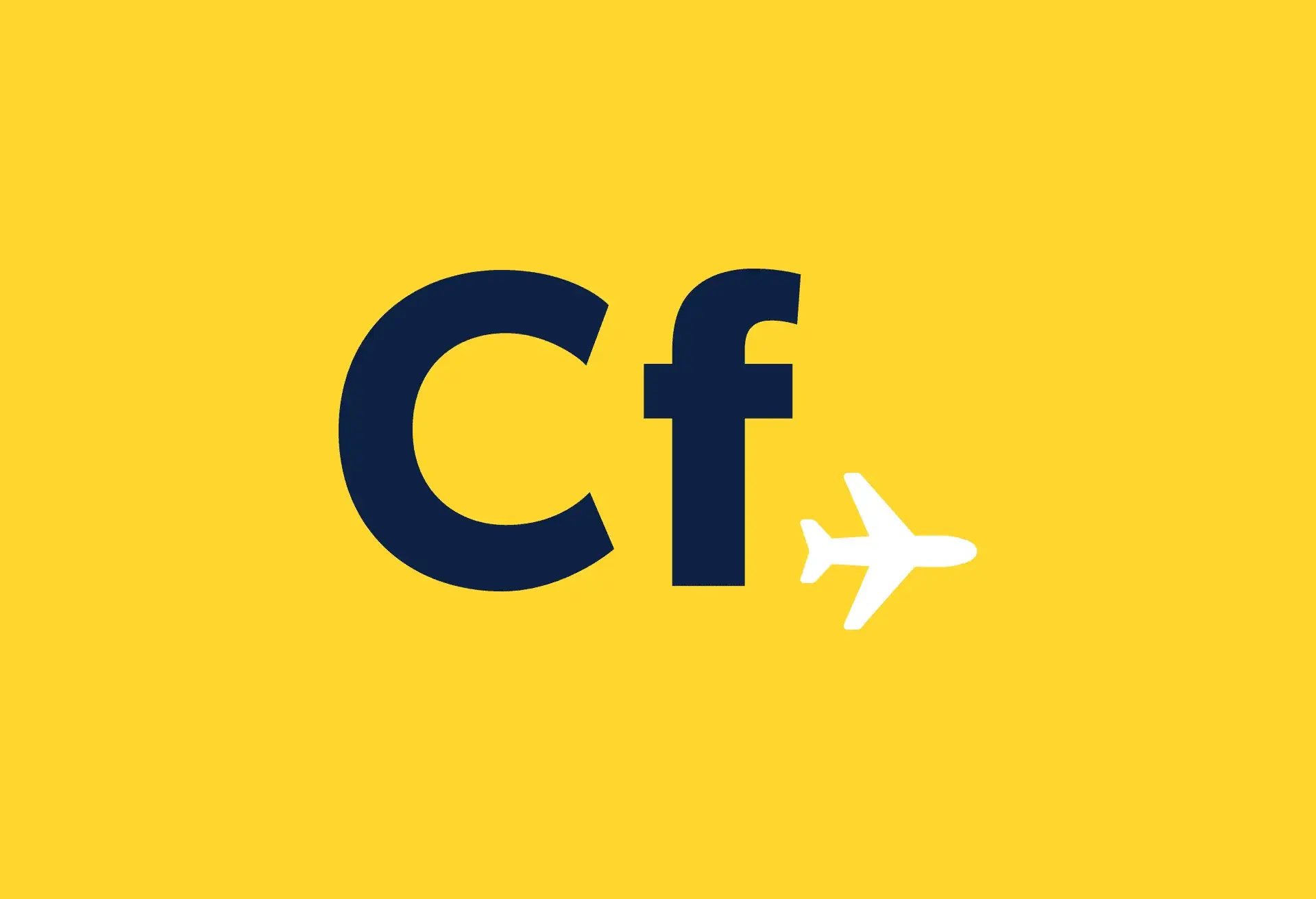A government decision on price-capping regulation at Manchester and London Stansted airports has been welcomed as a boost for competition and passenger choice.
Until now, both airports’ ability to impose charges on airlines for use of their facilities has been capped by the independent regulator, the Civil Aviation Authority (CAA).
However, transport secretary Ruth Kelly today (January 15) announced that Manchester was to be de-designated from regulation by the CAA, citing the growth of nearby airports as the driving factor behind the move.
“In making my decision on Manchester, I have taken into consideration the fact that other local airports, such as Liverpool, offer real choice for passengers,” she said. “Furthermore, there is spare capacity at Manchester and competing airports now and for the foreseeable future, even allowing for expected growth in demand.
“The decision to de-designate Manchester will enable the airport to grow and develop without the costs of excessive regulation falling to passengers in the future.”
Despite advice by the CAA that London Stansted should also be de-designated, Ms Kelly explained that the airport would remain subject to price controls until additional passenger capacity was delivered nearby.
“In making my decision on Stansted, I have taken into consideration the fact that the airports in the south-east are now operating at almost full capacity,” she stated. “This is bad for passengers in terms of delays, congestion and lack of choice and it is also bad for the UK’s productivity and growth.”
Officials at Manchester Airport welcomed the news, claiming that it would allow them to enhance passenger choice, as well as investing money saved for regulatory process into improvements at the airport.
Jonathan Bailey, the airport group’s external affairs director, told The Manchester Evening News: “The Secretary of State’s decision is a victory for common sense and testimony to our commitment to working in partnership with our airline customers to meet their needs and those of passengers.
“The decision also allows the airport to save the millions of pounds that it has to spend on being regulated and instead invest them in improving the airport and pass the savings on to customers.”
Airlines also gave a positive response to the decision, with low-cost carriers Ryanair and easyJet both expressing their agreement with the maintenance of regulation at Stansted.
In a statement, easyJet planning director Andrew Barker said: “Ruth Kelly and the Department for Transport officials should be congratulated for protecting air travellers from BAA ripping-off airlines at Stansted.
“They recognise that, without regulation, customers would be at the mercy of a highly-indebted infrastructure owner seeking short-term profit maximisation at the expense of air traveller.”
BAA, the owner of London Stansted, along with six other UK airports, is currently subject to a Competition Commission review over its market dominance, with the government indicating that the result of the report could influence future decisions on price-capping.


